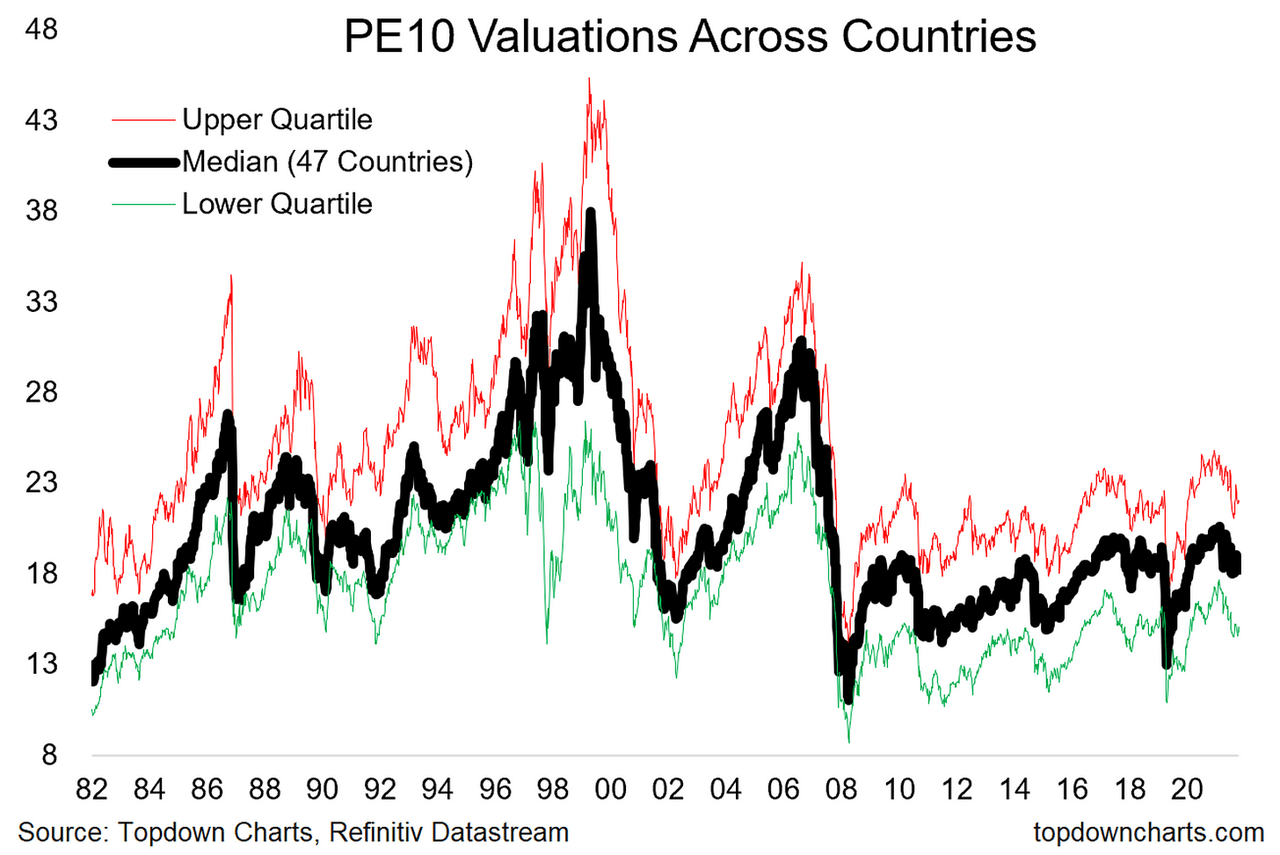Exclusive Look: China's Security Focus In Critical U.S. Trade Discussions

Table of Contents
China's National Security Concerns in Trade Negotiations
China's interpretation of national security has broadened considerably in recent years, extending far beyond traditional military threats. This expanded definition significantly influences its approach to trade negotiations with the U.S. Concerns about technological dependence and the perceived theft of intellectual property are paramount, shaping China's negotiating stance and often leading to disagreements.
- Examples of specific technologies China considers critical infrastructure: Semiconductors, artificial intelligence (AI), 5G telecommunications, and biotechnology are considered crucial for China's economic and military advancement, thus making technology transfer in these areas a sensitive issue.
- Instances where China has raised national security concerns in past trade deals: China has frequently invoked national security concerns to justify restrictions on foreign investment and technology access, particularly in sectors deemed strategically important. These actions often lead to trade disputes and retaliatory measures.
- The role of state-owned enterprises (SOEs) in China's trade negotiations: SOEs play a vital role in China's economy and are often at the forefront of trade negotiations. Their actions and interests are closely aligned with the government's national security objectives, further complicating trade talks.
Technology Transfer and Intellectual Property Rights (IPR) as Security Issues
Forced technology transfer, where foreign companies are pressured to share their technology in exchange for access to the Chinese market, is a major point of contention. China's position on this issue stems from its desire to accelerate technological advancement and reduce dependence on foreign technology, which it sees as a national security risk. IPR protection is intrinsically linked to this; China's perceived inadequate protection of intellectual property rights is a significant barrier to trust and cooperation.
- Specific examples of alleged forced technology transfer incidents: Numerous reports detail allegations of foreign companies being compelled to share sensitive technologies as a condition for market access in China. These incidents have fueled mistrust and hampered bilateral relations.
- The impact of IPR violations on US businesses and innovation: The theft of intellectual property hurts American businesses' competitiveness and stifles innovation. This loss of competitive advantage undermines the U.S.'s technological leadership and is viewed as a significant national security threat.
- China's efforts to improve IPR protection and the challenges involved: While China has made efforts to strengthen its IPR regime, enforcement remains a challenge. Concerns persist about the effectiveness of these measures and the consistent application of laws.
The Role of Cybersecurity in US-China Trade Disputes
Cybersecurity has emerged as a major sticking point in US-China trade relations. Accusations of cyber espionage and intellectual property theft targeting US businesses have severely damaged trust and significantly impacted the overall relationship. These actions are often viewed as a national security threat by the U.S.
- Examples of alleged Chinese cyberattacks targeting US businesses: Numerous reports point to cyberattacks originating from China targeting critical infrastructure and stealing valuable intellectual property from American companies.
- US government responses to these concerns and their impact on trade: The U.S. government has responded with sanctions, tariffs, and other trade restrictions, escalating tensions and further complicating trade negotiations.
- Potential solutions for improving cybersecurity cooperation: Establishing clear norms of behavior in cyberspace, enhancing transparency, and fostering dialogue are crucial for building trust and addressing cybersecurity concerns.
Economic Coercion and the Security Dimension
The use of economic coercion—such as tariffs, trade restrictions, and investment limitations—by China is perceived by the U.S. as a tactic to exert political influence and gain strategic advantage. This is considered a national security threat because it undermines the stability of the global trading system and potentially jeopardizes the economic interests of the U.S.
- Examples of economic coercion used by China in trade negotiations: China's use of retaliatory tariffs, restrictions on access to its market, and pressure on foreign companies to comply with its demands are all examples of economic coercion.
- The countermeasures employed by the US to address such tactics: The U.S. has employed its own trade measures, sanctions, and diplomatic pressure to counter China's economic coercion.
- The broader geopolitical implications of economic coercion: Economic coercion can destabilize international relations, raise tensions between nations, and create uncertainty in the global economy.
Conclusion: Understanding China's Security Focus in US Trade Discussions
China's security concerns, encompassing technological dependence, intellectual property protection, cybersecurity, and economic coercion, are deeply intertwined with its approach to trade negotiations with the U.S. Understanding this perspective is essential for fostering more productive and mutually beneficial trade agreements. Navigating these sensitive issues requires a nuanced understanding of China's evolving national security priorities and a commitment to open communication and diplomacy. The complexities and challenges are significant, demanding careful consideration and strategic engagement. To stay informed on these critical developments and delve deeper into the intricacies of China's security focus in US trade discussions, explore resources from reputable think tanks and academic institutions specializing in international relations and trade policy. Staying informed about the latest developments in US-China trade relations is crucial for businesses and policymakers alike.

Featured Posts
-
 Conor Mc Gregors Bkfc Jose Aldo Press Conference Recreation
May 11, 2025
Conor Mc Gregors Bkfc Jose Aldo Press Conference Recreation
May 11, 2025 -
 The Case Against John Wick 5 A Critical Look At Franchise Saturation
May 11, 2025
The Case Against John Wick 5 A Critical Look At Franchise Saturation
May 11, 2025 -
 Celtics Guard Opts Out Of Nba Award Race
May 11, 2025
Celtics Guard Opts Out Of Nba Award Race
May 11, 2025 -
 Anunoby Lidera A Knicks Con 27 Puntos En Victoria Sobre 76ers
May 11, 2025
Anunoby Lidera A Knicks Con 27 Puntos En Victoria Sobre 76ers
May 11, 2025 -
 High Stock Market Valuations Bof As Arguments For Investor Calm
May 11, 2025
High Stock Market Valuations Bof As Arguments For Investor Calm
May 11, 2025
